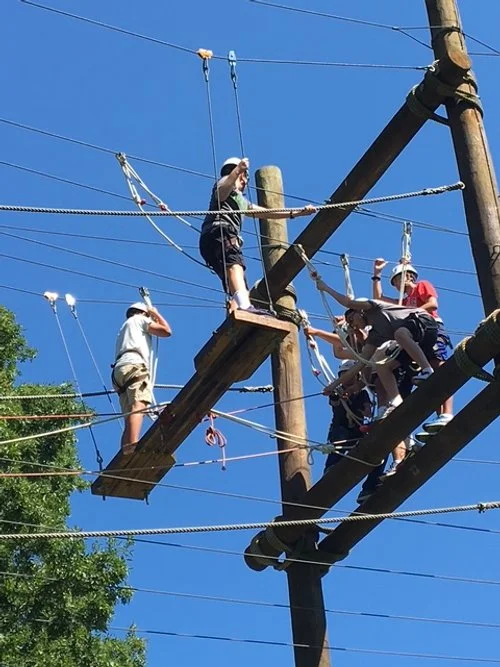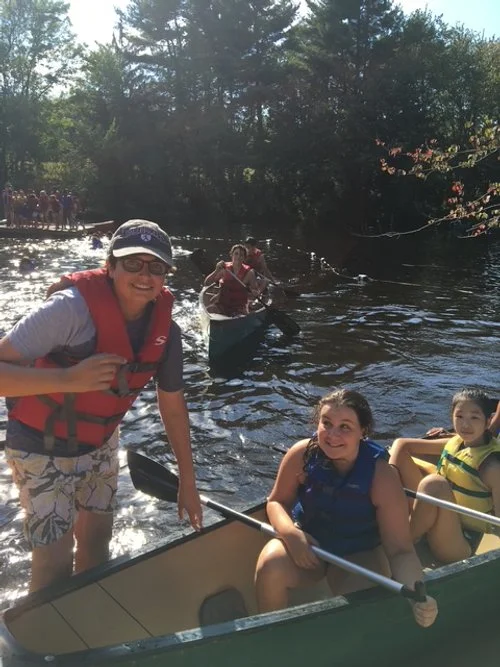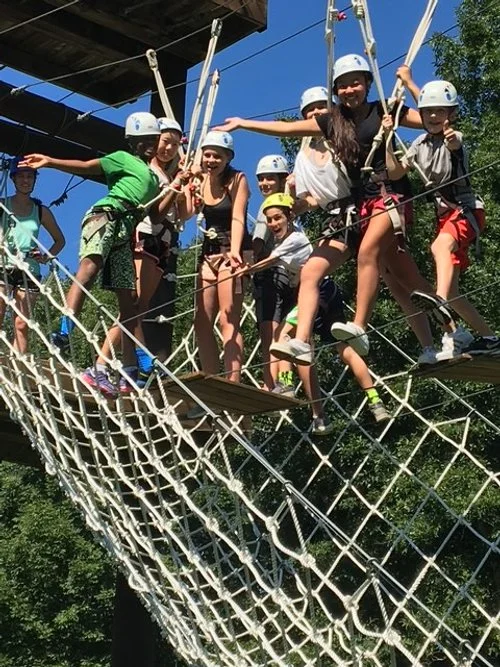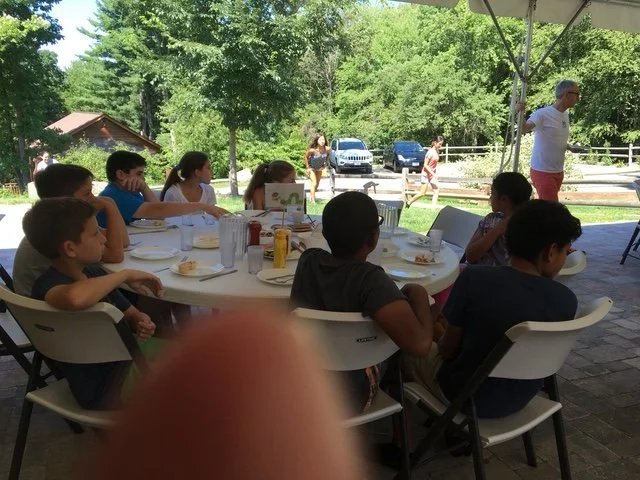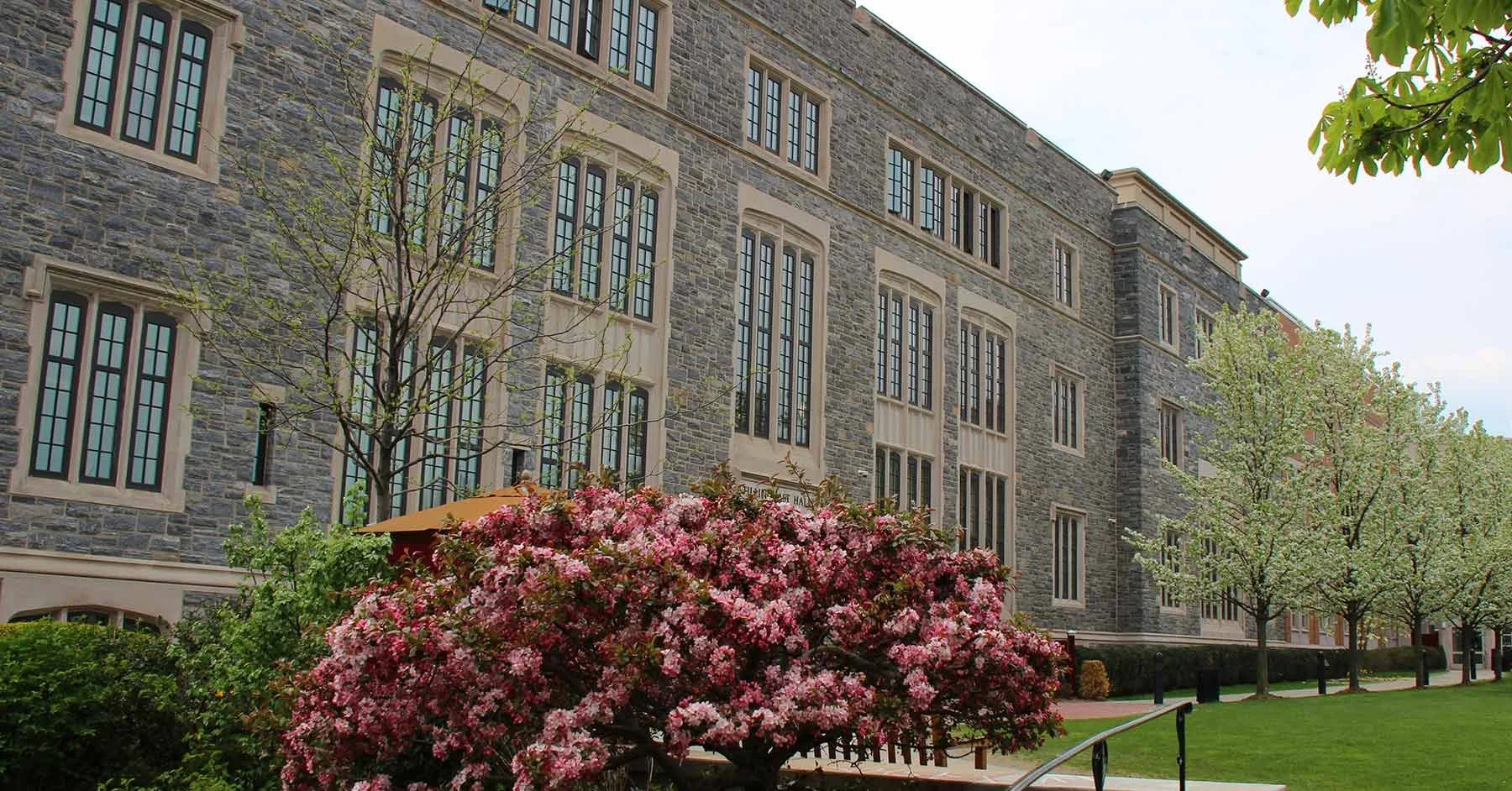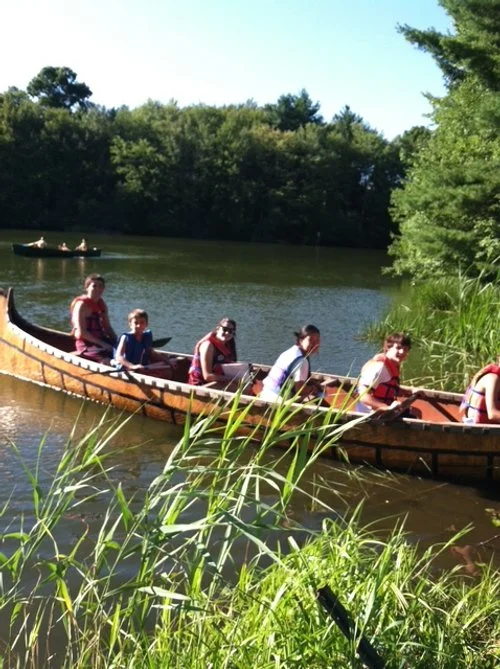
STUDENT EDUCATION SERVICES
Student Advisory Programs
Offering a student advisory program has been proven to greatly contribute to a thriving school environment and a sense of self-worth for every student.
The Importance of a Charismatic Adult
Adolescents benefit greatly from an ongoing relationship with at least one “charismatic adult.”
Clinical psychologist Robert Brooks, PhD, identifies this as an essential element in healthy adolescent
development.
Challenges in Faculty Advising
Many administrators encounter faculty reluctance to serve as advisors.
Common reasons include:
Teachers feel confident in subject expertise but unsure of advisory skills.
Lack of structured training or support.
Building a Strong Advisory Curriculum
Schools must provide professional development and a well-designed curriculum that equips advisors to support students effectively.
Key elements of a strong curriculum may include:
Decision-making
Communication skills
Peer relationships
Student-led parent/teacher conferences
Self-image development
Personal and academic goal setting
Impact of an Advisory Program
Strengthens the faculty–student relationship.
Enriches the school’s overall educational program.
Improves the quality of life for both faculty and students.
Essential Elements of a Functional Advisory
A strong advisory program ensures:
Ongoing professional support for faculty.
Faculty capacity to engage with students physically, academically, emotionally, and socially.
Mentor and Leadership Programs
Mentor programs offer students an enriching opportunity to make meaningful contributions to the lives of other students.
Student Mentor Program Overview
High school students serve as big brothers/big sisters to younger students.
Creates an opportunity to make a meaningful contribution to the lives of others.
Mentors gain satisfaction and gratification by:
Sharing wisdom gained from their own development.
Strengthening the overall school community.
Role of Student Mentors
Work closely with advisors in their advisory groups.
Plan and lead fun activities.
Serve as positive role models.
Build friendships with a small group of younger students.
Benefits for High School Students
Develop leadership and mentorship skills.
Gain experience as role models.
Enhance extracurricular profiles, which strengthen college applications.
WJR’s Role in Program Success
Collaborates with school administrators to develop and implement the program.
Provides an organized leadership training curriculum to prepare mentors.
Helps students build skills that support their effectiveness as leaders both in high school and beyond graduation.
“Wendy is an incredible influence and a master in the field of education and leadership. She has successfully worked with educators, parents, and students in a career that includes developing a successful mentor program, advisory program, and professional development for parents. Her dedication, knowledge, and passion for education and leadership have made a lasting impression and continue to inspire others today.”
–Michelle Amilicia, Horace Mann Middle School Class Dean
FAQs
Student Advisory & Mentor Programs
-
A Student Advisory Program is a structured initiative that pairs each student with a dedicated faculty advisor who provides ongoing guidance, support, and encouragement. This relationship ensures that every student feels valued and connected, both academically and personally, throughout their school experience.
-
Research consistently demonstrates that adolescents benefit from a consistent relationship with a trusted adult. Clinical psychologist Robert Brooks, Ph.D., describes this as the presence of a “charismatic adult,” a vital element in adolescent development. Advisory Programs help students build self-worth, strengthen decision-making and communication skills, and foster positive peer relationships.
-
While teachers are experts in their subject areas, many initially feel unprepared to serve as advisors. To ensure success, schools must invest in professional development and provide a comprehensive advisory curriculum that equips faculty with the skills, resources, and confidence needed to support their advisees effectively.
-
A well-designed advisory curriculum includes:
Decision-making and problem-solving strategies
Effective communication skills
Building and sustaining healthy peer relationships
Student-led parent/teacher conferences
Developing self-image and self-confidence
Personal and academic goal setting
-
A strong advisory program enhances the quality of school life for both students and faculty. Students receive academic, emotional, and social support, while faculty gain the opportunity to develop meaningful connections with their advisees. Collectively, this contributes to a thriving, engaged, and supportive school environment.
-
A Student Mentor Program provides opportunities for older students, typically high school juniors and seniors, to serve as role models and guides for younger peers. Acting as “big brothers” or “big sisters,” mentors share their experiences, provide encouragement, and help younger students feel welcomed and supported within the school community.
-
Mentors work in close partnership with faculty advisors to create engaging activities and provide peer support. This collaboration strengthens bonds across grade levels, fosters school spirit, and ensures that younger students benefit from both adult and peer guidance.
-
High school mentors develop valuable leadership and interpersonal skills while experiencing the fulfillment of supporting younger students. Additionally, participation in a leadership program enhances students’ extracurricular profiles, an asset in the college application process.
-
WJR partners with school administrators to establish and sustain effective mentoring initiatives. Through a structured leadership training curriculum, mentors gain the tools and confidence necessary to succeed in their roles and to carry forward these skills into their post-secondary and professional lives.
